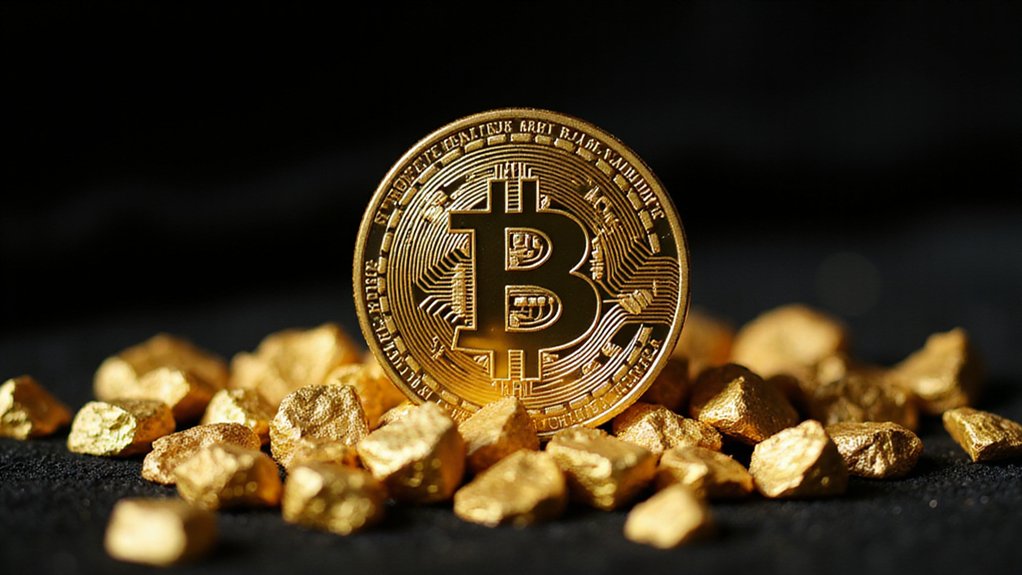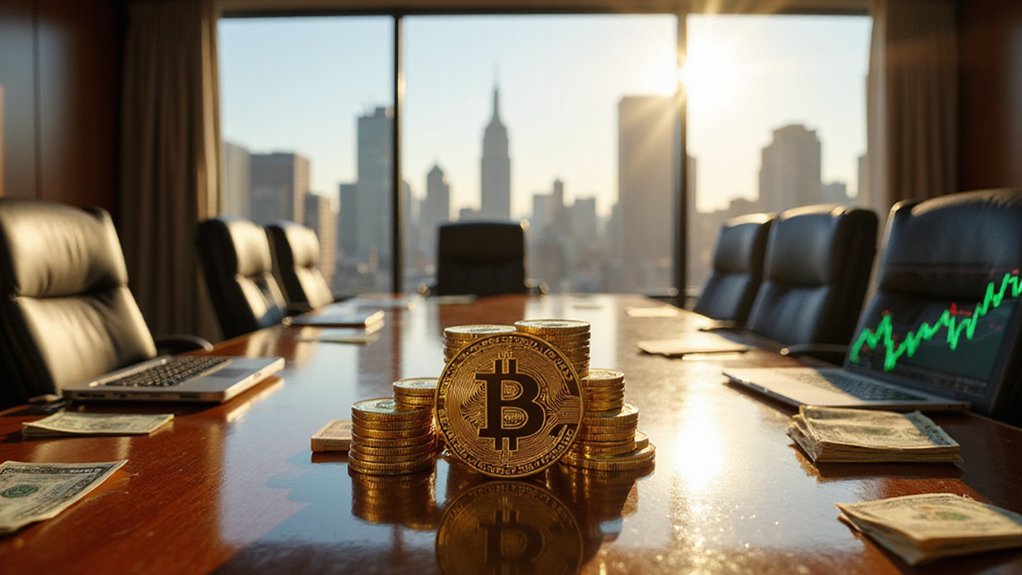Kamino has shattered yet another barrier between traditional finance and decentralized protocols, becoming the first DeFi platform to accept tokenized stocks as collateral—a development that would have seemed fantastical just a few years ago when most institutional investors still considered Bitcoin a speculative curiosity.
Built on Solana’s high-throughput infrastructure, Kamino‘s xStocks Market allows users to borrow stablecoins against tokenized securities, starting with AAPLx (a tokenized representation of Apple stock). The protocol leverages xStocks created by Backed Finance, which maintain 1:1 backing with actual securities held by custodians—because apparently nothing says “decentralized finance” quite like traditional custodial arrangements.
The technical architecture relies on Chainlink’s oracle technology for sub-second price feeds, ensuring the system operates with the transparency and tamper-resistance that blockchain enthusiasts demand. Unlike traditional markets with their inconvenient closing hours, this system enables 24/7 trading and borrowing of tokenized stocks on-chain, because markets never sleep (even when traders probably should).
Kamino’s innovation extends beyond mere technical achievement, representing a significant milestone in bridging traditional equities with blockchain infrastructure. Users can now maintain stock exposure while accessing liquidity—splitting tokenized shares into smaller units and borrowing against them without surrendering their positions.
The platform plans to expand beyond Apple, incorporating TSLA and MSFT tokens while developing extensive on-chain marketplaces for swapping, borrowing, and leveraged trading. This launch represents a key component of Kamino v2 upgrade, which introduces enhanced features for the lending protocol’s evolving ecosystem.
However, regulatory realities impose geographical limitations. The feature remains unavailable in the U.S., U.K., and several other jurisdictions, reflecting the ongoing tension between financial innovation and regulatory compliance. The SEC’s position remains clear: tokenized securities are still securities, regardless of their blockchain wrapper—a stance that underscores the complex regulatory landscape DeFi platforms must navigate. This regulatory uncertainty continues to pose challenges for DeFi protocols seeking to achieve financial inclusion for global users while maintaining compliance with local laws.
This development positions Kamino to compete with centralized exchanges like Kraken and Bybit, which are also integrating tokenized stocks. With approximately $3 billion in locked assets, the platform demonstrates that permissionless financial rails can encompass traditional finance use cases while offering enhanced accessibility and speed. The integration occurs within a broader context where tokenized RWAs have reached over $25 billion in total value locked on-chain, demonstrating significant market momentum.
The success of this integration will likely determine whether tokenized securities become a standard DeFi primitive or remain an interesting experiment.





